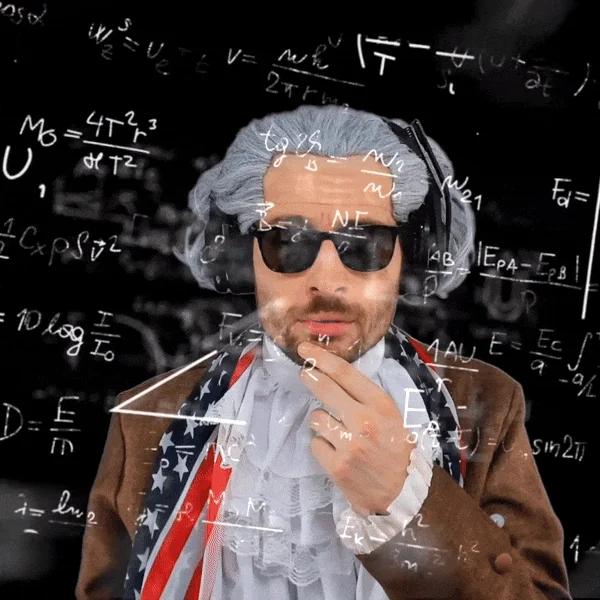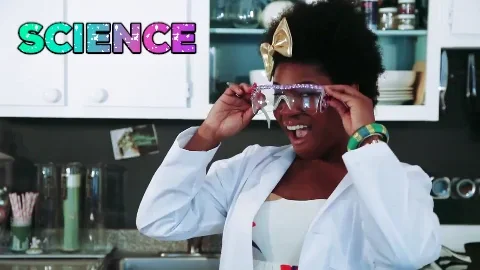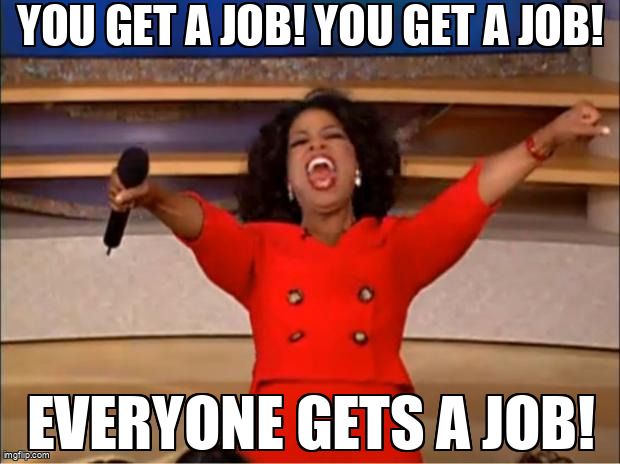So you like science but you're unsure what major program to study in college…

I studied physics in college and met many people with different reasons to study the subject. But I noticed some common themes.
Ask yourself: Do I…
Find joy in solving math problems?
Constantly question things no one is interested in like “How do touchscreens know where it was touched?” Or “How do massive cruise ships float on water?”
Like to watch science-y YouTubers, like Vsauce, Veritasium, or Kurzgesagt?
If you said “yes” to any of these, you should study physics!
Why should I study physics?
#1: You'll have a broader understanding of the universe.

Everything in our world can be explained using physics, from the cookies that you bake to the Sun’s orbit around the galaxy! You'll discover deeper (and mind blowing) facts about the world we live in.
#2: You'll become an excellent problem-solver.

Physics will teach you how to analyze complex problems logically and creatively. Problem solving is a useful skill in any career and in everyday life!
#3: You'll contribute to the advancement of humanity.

Physics is the driving factor of any technological advancement. Without physics, we wouldn’t have phones, computers, microwaves, and lamps! You can make the world a better place!
What will I learn in college?
Math, math, and more math!

The goal of physics is to understand how stuff works at the most fundamental level. You'll use algebra, geometry, and calculus to explore and explain basic physics principles such as:
Thermodynamics
These foundational courses will introduce you to the mathematical structure of the universe while also helping you build skills such as quantitative reasoning.
Coding and lab work

One fun aspect is testing physics concepts in real life! You’ll learn coding languages, such as Python and MATLab, to code computer programs and use fancy equipment to collect data.
Your first lab may explore physics concepts like gravity and electric circuitry, but later you can test leading research topics like superconductivity.
This part of your studies is not only fun, but it helps you practice the activities of a scientist and build skills in problem-solving, and critical thinking.
Quiz
Which of the following skills will you learn in physics? Select all that apply.
How can I be successful in physics?
Study smart, not hard!
 Photo by JESHOOTS.COM on Unsplash
Photo by JESHOOTS.COM on UnsplashPhysics is mentally challenging. If you want to succeed, study with intent! That means:
Pay attention: Grab front-row seats in class so you have a clearer vision of the board, better hearing, and fewer distractions.
Ask questions: If you don’t understand, ask! The point of the lecture is for you to learn.
Double down on math: Knowing how to derive equations rather than memorizing them will make learning easier. Solve practice problems!
Join a physics club.
 Photo by Duy Pham on Unsplash
Photo by Duy Pham on UnsplashJoining a club with like-minded individuals will provide an invaluable support system. Physics clubs can help you find:
Study groups: Forming study groups will strengthen your physics understanding. You could also meet some of your everlasting friends in these groups.
Research opportunities: You’ll most likely meet folks who are in research groups and are looking for more people to join.
Personal growth opportunities: You can join the club’s cabinet and build leadership skills such as teamwork and communication.
Apply for research.
You'll explore interesting branches of physics like electromagnetism, quantum mechanics, and general relativity. If there is a particular branch you like, you can join a research group!
A research group is a group of researchers — undergrads, graduates, and post-docs —working together on a specialized subject. Joining a group has several benefits such as:
Career development
Mentorship
Deeper learning
Graduate school preparation
You can reach out to your professor or apply to REUs.
Quiz
Which of the following is NOT “studying with intent”?
What are my possible career paths?
A bachelor’s degree in physics will open so many career paths!

Your highly transferable skills in problem-solving, quantitative analysis, and critical thinking are desirable in careers such as:
Research
Software engineering
High school teaching
Law
Medicine
Studying physics in college is not easy, but it will provide you with invaluable skills that you can use in any discipline.
Take Action
How can I prepare for a physics program?
Your feedback matters to us.
This Byte helped me better understand the topic.

